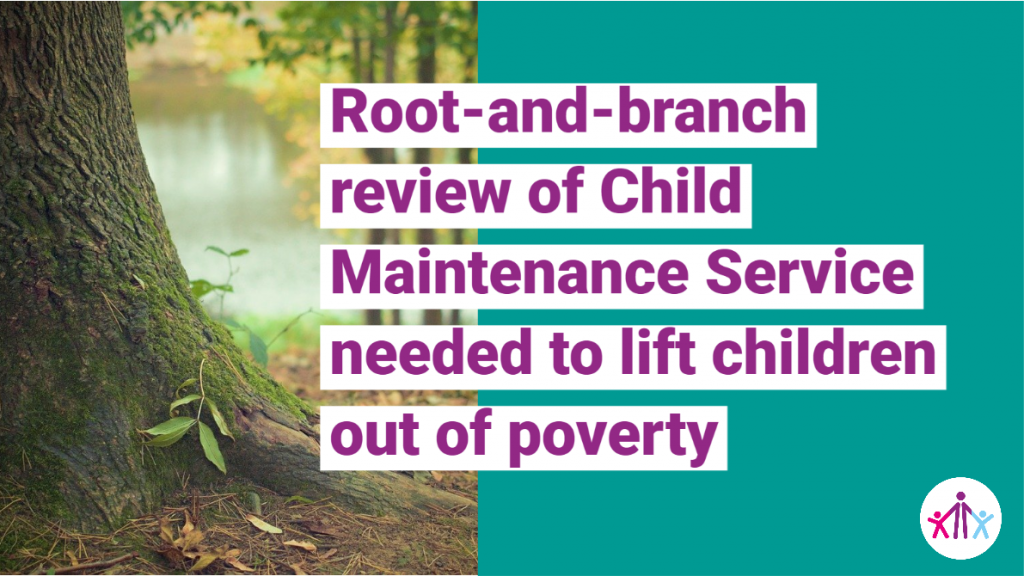Root-and-branch review of Child Maintenance Service needed to lift children out of poverty

13/02/2020
News
One Parent Families Scotland is calling for a root-and-branch review by the UK Government of the Child Maintenance Service (CMS) to make it fit for purpose and lift single parents and their children out of poverty.
Freedom of Information requests submitted by the Scottish Mail on Sunday identified that £21 million was owed in child maintenance payments to children in Scotland. This excludes debts carried over from the Child Support Agency, dissolved in 2012, which amounts to a further £58.87 million.
Through our work with single parent families, we are often told that the CMS needs to act on its enforcement powers so that children receive the payments they deserve. When 39% of single parent families live in poverty and the median wealth of a single parent household is just 13.8% that of a two-parent household, the importance of these payments is very clear.
The figures revealed that in Scotland, over 19,000 parents were in arrears of over a year, 10,500 were in arrears of over two years, and 5,800 were in arrears of over three years. Over £2.3 million was owed within Glasgow City alone.
We are also calling for an end to the fees for the Collect & Pay service, where the CMS collects the money and passes it on. The fees only serve to create an unnecessary barrier for single parents who are trying to access their child’s legal right to financial support from their other parent.
Earlier this month, our Head of Policy Marion Davis spoke to the Mail on Sunday, sharing our view that major change is needed to the CMS if the system is to work properly in the interests of children.
- Marion Davis, Head of Policy & Strategy
View our child maintenance information.